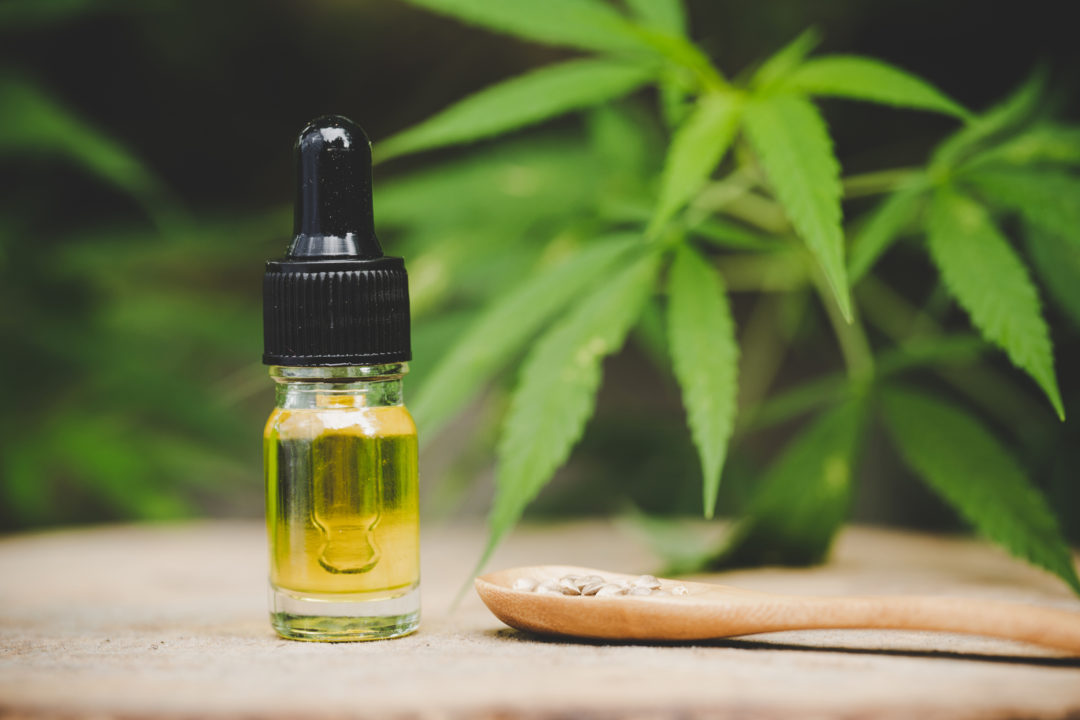The bill, HB 2102, would:
- Establish a hemp processor registry for hemp-derived products
- Prohibit hemp processors, distributors, and retailers from making unwarranted health claims of their hemp derived products;
- Prohibit the sale of any hemp product to those under the age of 21;
- Require these products to be properly labeled to be legally allowed for sale in the State;
- Require certain warning statements to be placed on the packaging; and
- Appropriate funds into the Hawaii hemp processing revolving fund.
Related: NPA: State Regulators Discuss FDA Inaction on CBD Charlotte’s Web Acquires Abacus Health Products CRN Calls on FDA to Move Forward With CBD
In commentssubmitted with regards to the bill, NPA notes that “NPA commissioned a poll that found seven in 10 Americans believe the FDA is overdue to establish safety standards for the CBD products in the marketplace. To make matters worse, 41% wrongly assumed the FDA had already developed these safety standards.” The comments point out that, while FDA continues to state that CBD and THC products are excluded from the dietary supplement definition, “the warning letters FDA has issued to companies marketing CBD as a dietary supplement largely focus on claims.”The comments also asked that the sponsor of the bill consider amending the bill to allow minors to purchase CBD supplements with a parent or guardian: “Dietary supplements are intended to supplement the diet, to augment one’s health. Cannabidiol does not have any addictive qualities, and when manufactured appropriately, does not contain THC above 0.3%, per federal regulations… We urge the sponsor to avoid unfairly characterizing supplements in the same class or category as a controlled substance.”
NPA’s comments conclude: “NPA and our member companies are concerned that without a clear federal regulatory pathway in place, tainted products will continue to enter the marketplace, leaving consumers susceptible to harm and discouraging legitimate companies from engaging in interstate commerce… One uniform national standard is the most efficient way to move forward with this promising new product while protecting consumers.”
“While it is good that more states realize the public health risk of completely unregulated products in the marketplace, this is creating the regulatory nightmare and patchwork approach that is the worst of all worlds,” said Kyle Turk, Director for Government Affairs at NPA, in the press release. “This is a federal regulatory issue, FDA needs to do its job, and they need to do it now. Further delay by FDA is not good for public health or for the CBD industry, because the best approach is one uniform national standard based on sound science that is enforceable.”










